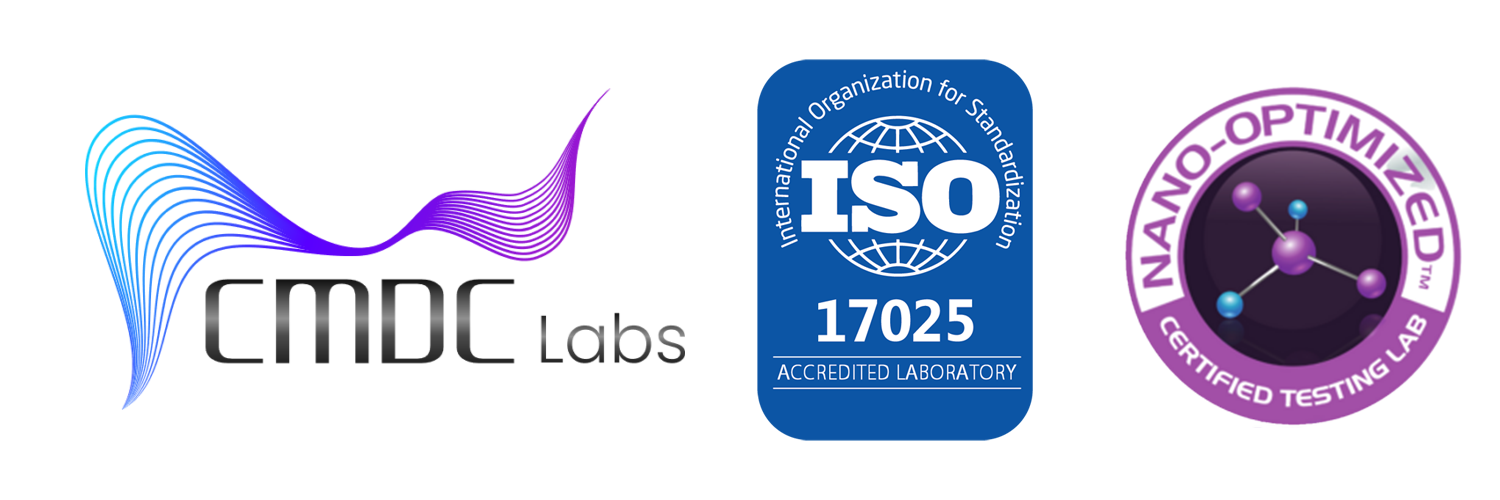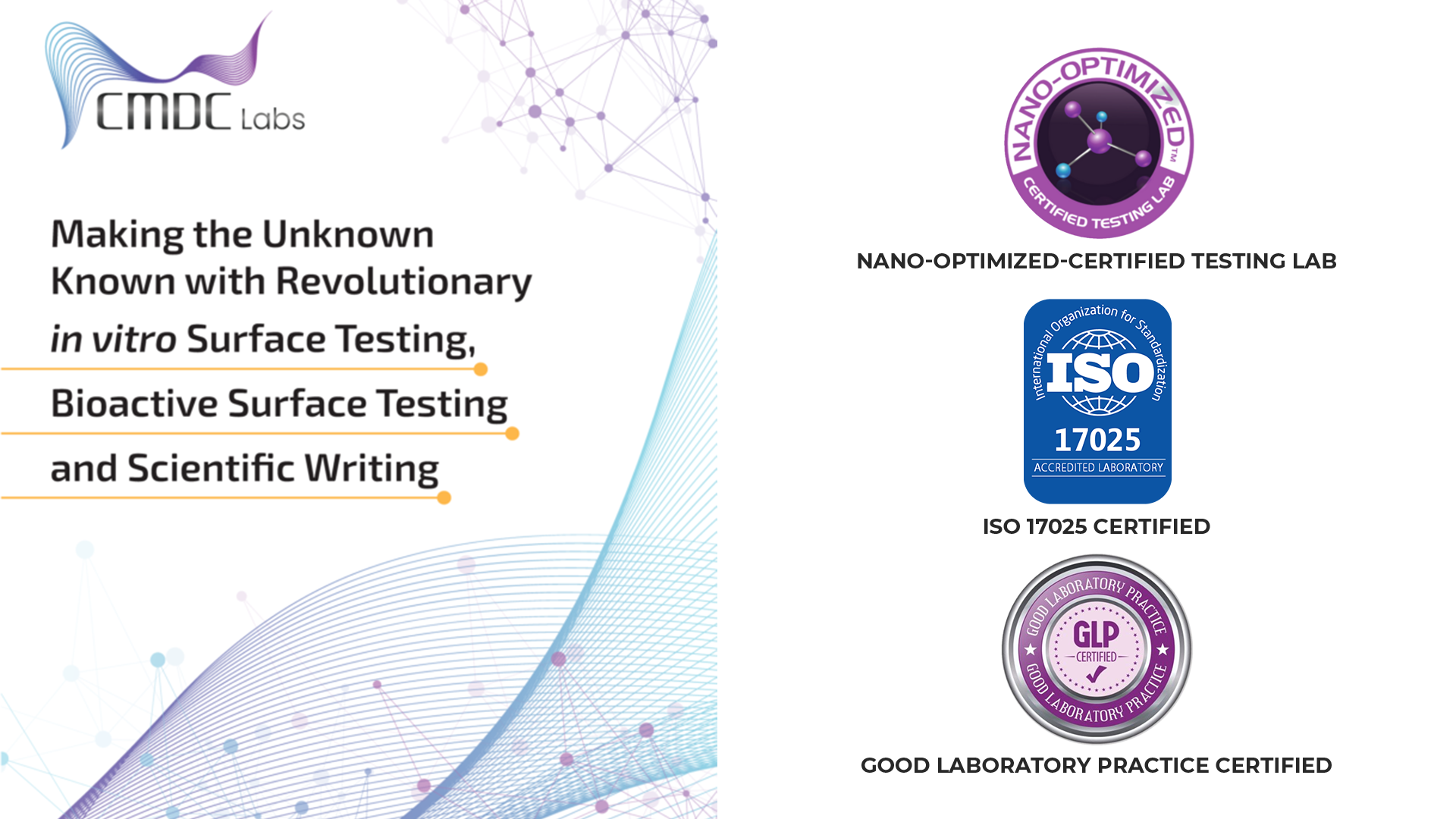In today’s globalized economy, companies are under increasing pressure to ensure that their products meet a wide array of regulatory standards and safety requirements. Whether it’s ensuring the safety of consumer goods, the efficacy of pharmaceuticals, or the environmental impact of industrial products, companies must navigate an increasingly complex landscape of laws and regulations. Failure to comply with these standards can lead to severe consequences, including product recalls, legal penalties, and damage to a brand’s reputation.
One of the most effective ways companies can ensure compliance with these global standards is by partnering with third-party testing laboratories. These independent entities provide objective and impartial testing and certification, helping companies verify that their products meet safety, quality, and environmental standards.
In this article, we will explore the role of third-party testing labs, how they help companies navigate regulatory challenges, and why their services are essential in maintaining compliance with global standards. We’ll also discuss the key benefits of working with these labs and the industries that rely on their expertise.
1. The Role of Third-Party Testing Labs
Third-party testing laboratories are independent organizations that specialize in testing products, materials, and systems to ensure they meet regulatory, safety, and performance standards. These labs operate independently of the manufacturer or supplier, providing an unbiased and objective assessment of a product’s compliance with applicable laws and standards.
A. Objective and Unbiased Assessment
The main advantage of third-party testing is the objectivity they bring to the process. Companies often conduct internal testing, but these results may be perceived as biased, especially in the case of high-stakes product launches. Third-party labs provide an impartial, objective assessment, which is crucial for gaining regulatory approval and ensuring consumer trust.
B. Expertise and Specialized Knowledge
Third-party testing labs are equipped with the necessary expertise and technical knowledge to evaluate products according to international standards. Many of these labs employ scientists, engineers, and regulatory experts who stay up-to-date with the latest industry trends and evolving regulations.
C. Compliance with Local, Regional, and International Standards
Compliance with global standards is not just a matter of meeting industry requirements in one country; it involves understanding and complying with regulations across various regions. For example, a product may need to meet FDA requirements in the United States, CE Marking standards in Europe, or ISO guidelines for international trade. Third-party testing labs are crucial in navigating these diverse standards and ensuring that a product is compliant everywhere it is marketed.
2. Key Benefits of Working with Third-Party Testing Labs
Working with third-party testing labs offers numerous advantages for companies, from improving product quality to ensuring compliance with safety and environmental regulations. Below are some of the key benefits:
A. Verification of Product Safety and Quality
The most obvious benefit of third-party testing is that it verifies the safety and quality of a product. Whether it’s a food product, medical device, or industrial equipment, third-party testing ensures that the product meets the necessary regulatory requirements for safety and quality before it hits the market.
- Example: In the food industry, third-party labs test for contaminants like pesticides, heavy metals, and pathogens to ensure products are safe for consumption.
- Example: For medical devices, these labs test for biocompatibility, sterilization, and performance to ensure they are safe for patient use.
B. Compliance with Global Standards
As companies expand their reach to international markets, they must comply with various global standards. These regulations often differ between countries or regions, and the complexity of navigating these requirements can be overwhelming.
- CE Marking in Europe: Companies looking to sell products in Europe must comply with the European Union’s Medical Device Regulation (MDR) or the In Vitro Diagnostic Regulation (IVDR), depending on the product. Third-party testing labs help ensure that products meet the strict requirements for CE marking, allowing companies to market their products within the EU.
- FDA Compliance in the U.S.: In the United States, companies must adhere to the FDA’s regulations for medical devices, pharmaceuticals, and food products. Third-party labs play a critical role in testing and verifying compliance with these stringent requirements.
C. Faster Time-to-Market
By outsourcing testing to third-party labs, companies can accelerate their product development timelines. Third-party labs provide specialized testing services, enabling companies to verify compliance quickly and efficiently without having to build internal testing infrastructure. This saves time and helps companies bring products to market faster.
- Example: For tech companies, third-party labs help test the electromagnetic compatibility (EMC) of electronic devices, ensuring that the devices are safe for use in various markets. Testing and certification by a third party can speed up the process of product launch.
D. Risk Mitigation and Reduced Liability
Working with third-party testing labs also helps mitigate risks associated with product recalls, legal disputes, and consumer safety concerns. Regulatory bodies often require documented proof of testing and compliance, and failure to meet these requirements can lead to hefty fines, lawsuits, and product recalls. Third-party testing labs provide independent verification of a product’s compliance, reducing the risk of legal complications and financial losses.
- Example: If a pharmaceutical company fails to meet FDA standards, it could face a product recall and lawsuits. By partnering with third-party testing labs, the company ensures that all safety and efficacy standards are met, reducing the risk of such issues.
E. Enhanced Consumer Trust and Marketability
Consumers are becoming more discerning and are increasingly concerned with the safety and quality of the products they purchase. Third-party testing helps build trust by verifying that a product meets recognized industry standards.
- Example: A food manufacturer that uses third-party testing to ensure that its products are free from contaminants can advertise this certification, which enhances consumer confidence and bolsters brand reputation.
3. Key Industries That Rely on Third-Party Testing Labs
Third-party testing labs provide critical services across many industries, including:
A. Pharmaceuticals and Medical Devices
The pharmaceutical and medical device industries rely heavily on third-party testing for regulatory compliance and product safety. Testing ensures that medical devices are biocompatible, sterile, and perform as intended, while pharmaceuticals undergo rigorous testing for efficacy, purity, and safety.
- Example: Medical devices must undergo biocompatibility tests to ensure they do not cause harm to the patient when in use. Third-party labs perform these tests according to ISO 10993 standards.
B. Food and Beverage Industry
Food and beverage companies rely on third-party testing labs to ensure that their products meet food safety regulations. These labs test for contaminants, nutritional labeling accuracy, and verify that products are free from pathogens, allergens, and harmful chemicals.
- Example: In the food industry, third-party labs test for pesticide residues, microbiological contamination, and compliance with labeling laws to ensure that products are safe for consumption.
C. Consumer Electronics
In the electronics industry, companies depend on third-party labs to test for compliance with safety standards, electromagnetic compatibility (EMC), and environmental impact. Certification by a third party is often required before launching products in key markets like the U.S. and the EU.
- Example: Electronics must comply with UL (Underwriters Laboratories) certification for electrical safety and FCC regulations for electromagnetic interference.
D. Automotive Industry
The automotive industry uses third-party testing labs for safety tests, including crash testing, environmental testing, and compliance with emission regulations. These labs help ensure that vehicles meet safety standards and do not harm the environment.
- Example: Car manufacturers use third-party labs for crash simulations and tests for fuel efficiency to meet regulatory requirements such as EPA standards.
E. Environmental Testing
Environmental testing plays a critical role in ensuring that products, industrial processes, and waste management systems comply with environmental standards. Third-party labs test for air quality, water contamination, and soil pollution to ensure compliance with environmental regulations.
- Example: Environmental testing labs conduct soil, water, and air pollution analysis to assess the presence of hazardous materials like heavy metals and pesticides.
4. The Process of Third-Party Testing and Certification
The process of third-party testing and certification typically involves several key steps:
A. Pre-Test Consultation
Before testing begins, companies often engage in a consultation with the testing lab to discuss the product, the regulatory standards it must meet, and the testing methods that will be used.
B. Product Testing
Testing is conducted according to the applicable standards. This may include testing for chemical composition, mechanical properties, safety features, and environmental impact. Depending on the product, tests could be lab-based or conducted in real-world conditions.
C. Review and Reporting
Once testing is completed, the lab provides detailed reports that outline the findings, including whether the product meets the necessary standards. The lab may also provide recommendations for modifications or improvements if the product fails to meet regulatory requirements.
D. Certification
If the product passes the tests, the testing lab issues a certificate confirming that the product complies with relevant standards. This certification is often required for product marketing and distribution.
Conclusion
In today’s complex regulatory landscape, companies face significant challenges in ensuring that their products meet safety, quality, and environmental standards. Partnering with third-party testing labs helps companies navigate these challenges by providing objective, expert testing services that ensure compliance with global standards. Whether it’s for pharmaceuticals, medical devices, food safety, or electronics, third-party labs offer critical services that reduce risk, build consumer trust, and help companies successfully bring their products to market.
By working with accredited, independent labs, companies can ensure that their products are safe, reliable, and compliant, ultimately protecting both consumers and their brand reputation. The role of third-party testing labs has never been more vital, and businesses that embrace their services can gain a competitive edge in the global marketplace.

